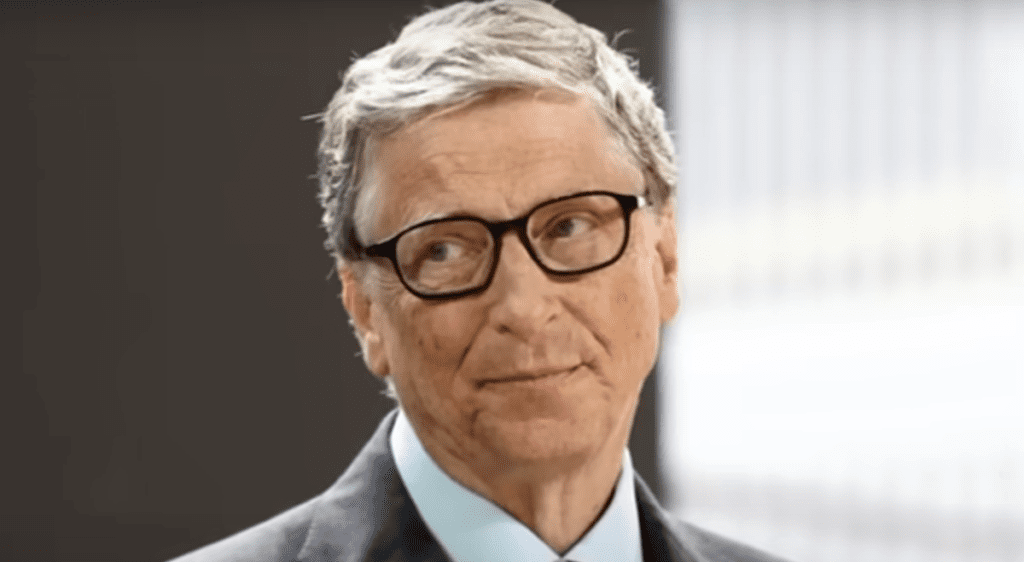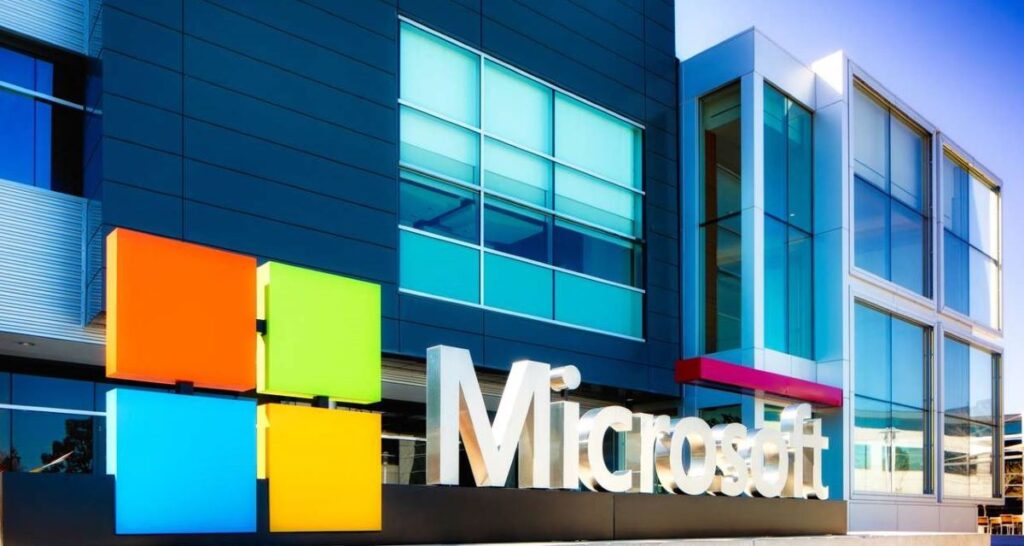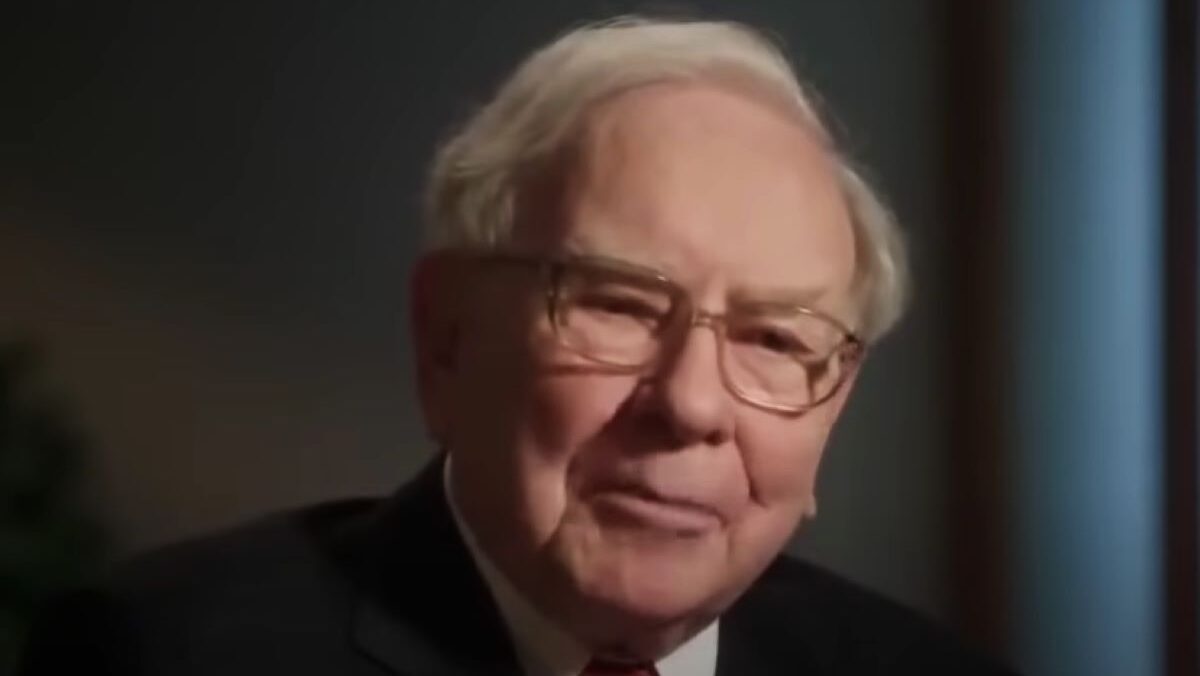Microsoft Corp. co-founder Bill Gates is renowned for his pivotal role in the tech industry and is acknowledged as one of the world’s wealthiest individuals. However, an intriguing hypothetical scenario emerges: What if he had held steadfast to his original Microsoft shares—a term in finance signifying holding onto assets despite market fluctuations? A revived article from 2021 amplifies this speculation: Could Bill Gates have surpassed today’s wealthiest figures, such as Tesla Inc. CEO Elon Musk and Amazon.com Inc. Founder Jeff Bezos, to become a trillionaire?

The narrative begins with Microsoft’s initial public offering (IPO) in 1986, where Bill Gates possessed a 49% stake in the company. Post-IPO, this ownership slightly decreased to 45%. Fast forward to the present, with Microsoft’s market capitalization standing at approximately $2.805 trillion. If Bill Gates had maintained his 45% stake, it would translate to $1.23 trillion today—an amount surpassing the net worths of Musk and Bezos.
Microsoft’s journey to a trillion-dollar empire underscores its resilience and innovation in the tech sector. Gates’s vision and leadership were pivotal during the formative years, with Microsoft reaching a $500 billion valuation by 1999. If he had retained his 20% ownership at that time, it would now be valued at over $500 billion.

Nevertheless, Gates’s approach to wealth has evolved. Currently, he holds a 1.38% stake in Microsoft, totaling 103 million shares. This significant reduction from his initial post-IPO stake reflects a strategic shift in his investment philosophy, diversifying his portfolio over time. As of November, his estimated net worth is $116 billion, with a substantial portion coming from Microsoft shares and holdings in Berkshire Hathaway Inc., led by his close friend Warren Buffett.

While Gates may have forgone the opportunity to become the world’s first trillionaire, his decision to diversify illustrates a balanced approach to wealth management. This strategy also facilitated his extensive philanthropic endeavors, solidifying his legacy as not just a tech mogul but a global humanitarian.
Looking beyond hypothetical financial milestones, Gates’s impact transcends Microsoft, showcasing a multifaceted influence. His evolution from a tech visionary to a diversified investor and philanthropist exemplifies the profound and varied nature of his influence. Bill Gates has not only shaped the technology industry but has also made significant contributions to global health and education through philanthropy, leaving a lasting imprint on various sectors worldwide.






